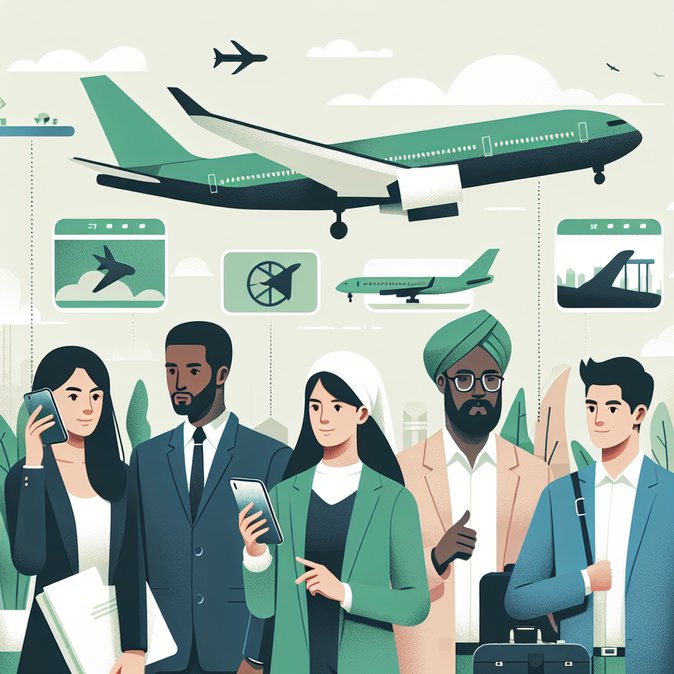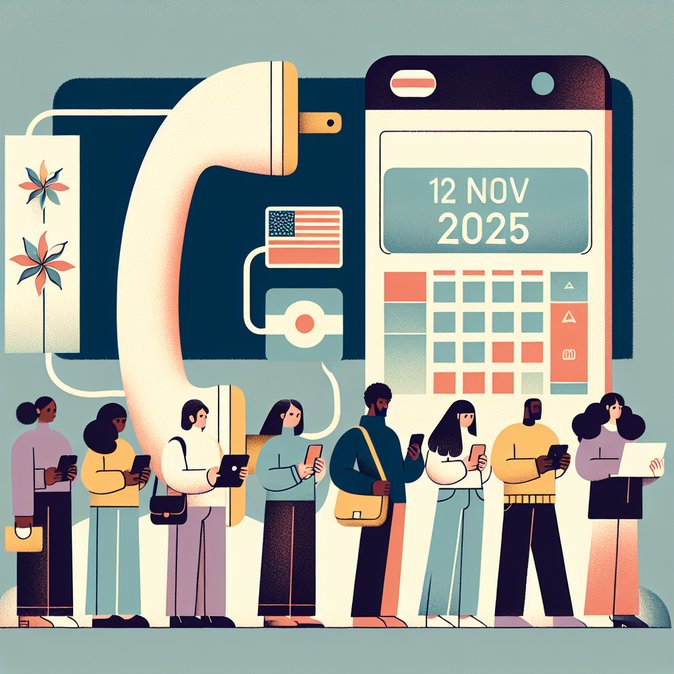
Low-cost carrier Ryanair declared its move to 100 % digital boarding passes a “huge success” after the first 24 hours in force (12–13 Nov). More than 700 flights departed Europe-wide—many to and from France—without delays, the airline said, with 98 % of passengers presenting smartphone passes generated in the myRyanair app.
The policy, delayed twice since May, eliminates printed boarding passes except in exceptional cases (phone loss, no smart device). Travellers who fail to check in online must now pay a €55 airport check-in fee, though those who checked in but lack a phone can still receive a paper pass free of charge.
![Ryanair hails ‘98 % adoption’ on first day of mandatory digital boarding passes]()
Ryanair estimates the switch will save up to €40 million annually in printing and staffing costs—savings it says can help lower fares. Environmentally, the carrier touts a reduction of nearly 200 tonnes of paper waste per year.
For French corporate-travel managers, the change means ensuring travellers have the app installed before departure and that company mobility policies cover smartphone data use abroad. Airports such as Paris-Beauvais and Marseille-Provence reported smooth operations, although unions at Montpellier raised accessibility concerns for elderly passengers.
Other European airlines are watching closely: easyJet already offers digital passes but still accepts paper, while Air France says it will ‘monitor customer feedback’ before making a similar move.
The policy, delayed twice since May, eliminates printed boarding passes except in exceptional cases (phone loss, no smart device). Travellers who fail to check in online must now pay a €55 airport check-in fee, though those who checked in but lack a phone can still receive a paper pass free of charge.

Ryanair estimates the switch will save up to €40 million annually in printing and staffing costs—savings it says can help lower fares. Environmentally, the carrier touts a reduction of nearly 200 tonnes of paper waste per year.
For French corporate-travel managers, the change means ensuring travellers have the app installed before departure and that company mobility policies cover smartphone data use abroad. Airports such as Paris-Beauvais and Marseille-Provence reported smooth operations, although unions at Montpellier raised accessibility concerns for elderly passengers.
Other European airlines are watching closely: easyJet already offers digital passes but still accepts paper, while Air France says it will ‘monitor customer feedback’ before making a similar move.


